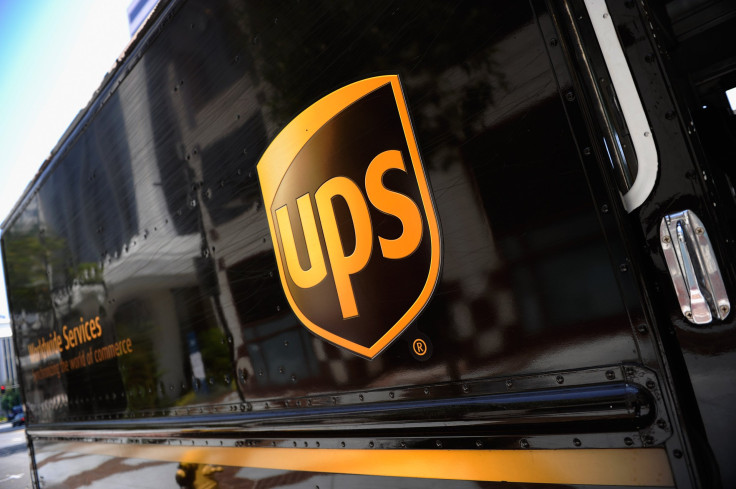African-American Workers Sue UPS For Racial Discrimination

As many as 19 workers from a United Parcel Service (UPS) distribution center in Ohio have filed a lawsuit against the company claiming the management at the facility “enabled, tolerated, and purposefully promoted and encouraged a culture of racism and racially discriminatory conduct.”
The workers named the company along with five supervisors and managers who “maintained a racially hostile work environment." The lawsuit was filed Wednesday at the Lucas County Court of Common Pleas.
The lawsuit alleged the workers experienced racial discrimination and racial language from some white coworkers while managers and supervisors did nothing to stop or curb the harassment. Some white workers at the facility in Maumee, Ohio, allegedly joked about “nooses” and Klan meetings in text messages and even in front of the black workers. One of these texts, which was part of a message chain about lottery tickets, read, “Can we buy another noose with the winnings.”
The company reportedly fired an employee in July 2016 for hanging two nooses over the desk of an African-American employee while a supervisor and other white workers made jokes about it and also posted an image of the same on Facebook. The victim, however, was also warned against speaking of the incident and was told he could be disciplined for taking pictures of the noose.
In another incident in September 2016, an employee allegedly joked about being late for a “Klan meeting” while in conversation with two coworkers, one of whom was black, the lawsuit read, according to CNN.
Several incidents from 2016 were listed in the lawsuit including those of white employees allegedly displaying the Confederate flag and placing a stuffed monkey wearing the UPS uniform in the area where black employees worked. The employees also alleged they were passed over for work promotions and assignments in favor of white employees, some of whom had lesser experience, training and seniority. Though it was not a prescribed condition for promotion, UPS had always relied on seniority to make promotions, the lawsuit claimed.
“African-American are employed by UPS in lower paying, strenuous, menial, part-time, or seasonal positions and systematically denied opportunities for higher paying, full-time, and supervisory positions,” according to the lawsuit .
Another incident mentioned in the lawsuit was of an employee refusing to deliver a package to a predominately African-American neighborhood and using a racial slur to describe the area. The employee was fired but was reinstated “almost immediately, voluntarily by UPS.”
The lawsuit alleged that the discrimination was going on for over a decade since most of the complainants were working with the facility for 10 years or even longer.
“African-American employees come to work each day not knowing whether a racist comment or conduct will confront them, being concerned that smirking or laughing white employees are ridiculing them because of their race, and walking on eggshells to avoid triggering a problem,” it stated.
The workers said the Ohio Civil Rights Commission received several complaints in 2017 from the employees and they determined "there was a possible cause to consider" that discrimination had taken place. But, the Commission chose not to pursue the charges and instead, reached an agreement with UPS that provided no compensation to the complainants and needed no admission of wrongdoing from UPS, they said.
UPS spokesperson Dean Foust said in a statement, “UPS promptly investigated and took swift disciplinary action against those found to have engaged in inappropriate actions, including the discharge of two employees. Since the time the company has participated in remedial actions in cooperation with the Ohio Civil Rights Commission so that employees are trained and our operations are monitored to ensure we maintain a positive work environment free of harassment.”
The 46-page-long lawsuit seeks injunctive relief to stop the discrimination along with compensatory damages exceeding $25,000 as well as unspecified punitive damages to deter future unlawful conduct.
© Copyright IBTimes 2025. All rights reserved.





















